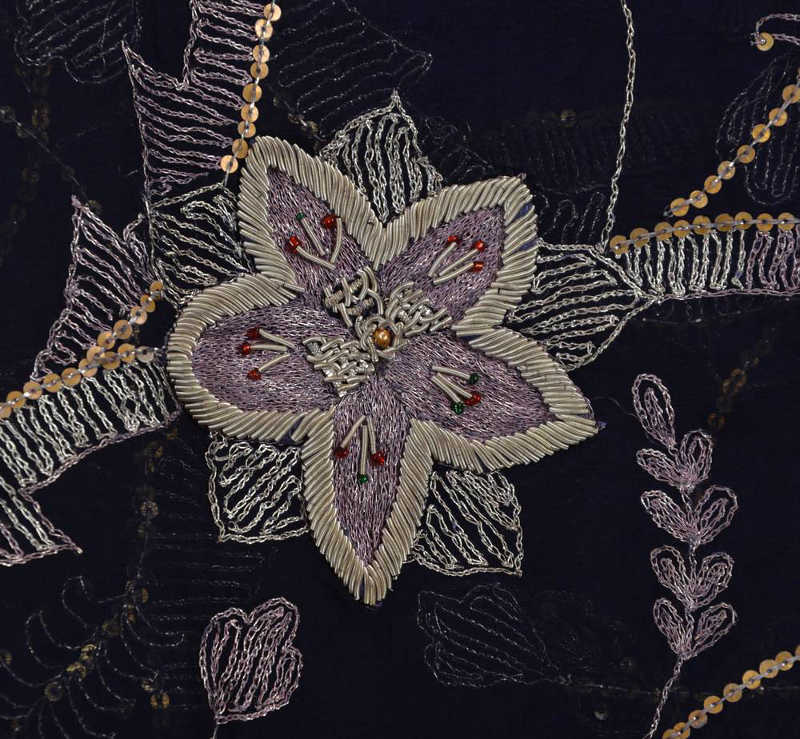===
0502,
3
===

=== |
 |
ādmī : 'A descendant of Adam; a human being; man; individual, person; adult; a sensible, or honest man; mankind; people'. (Platts p.33)
ḳhudāʾī : 'God. ship, godhead, divinity, providence; almighty power, omnipotence; —creation, nature, the world'. (Platts p.487)
ṣadqe karnā : 'To sacrifice (a thing, or oneself, for, - par , the welfare of another); to devote oneself (for, - par )'. (Platts p.744)
insān : 'Man, mankind, human being, mortal (= ādmī )'. (Platts p.92)
FWP:
SETS == A,B; GRANDIOSITY
MOTIFS
NAMES
TERMS == THEMEThere are some technical questions about this ghazal in relation to the previous one; for discussion, see {501,1}.
I can't help but see the theme of this verse through the prism of the classic
G{17,1}.
Ghalib places ādmī and insān in a relationship of marked differentiation: one who is an ādmī may not 'manage to become' an insān . The clear implication is that being an insān is a superior rank, one more difficult of attainment.
In Mir's present verse, the differentiation seems to be at most one of degree: 'men' are rare in the world (which suggests that they are desirable and sought-after), while 'humans' are so desirable (and thus perhaps even rarer and more sought-after?) that 'divinity' would sacrifice itself for them (2a), or else 'divinity' itself might be sacrificed (by someone unspecified) for them (2b). Apparently 'men' are good, and 'humans' are even better.
But it's also possible-- since this is an 'A,B' verse-- that we are to take both lines as referring to 'men/humans', without differentiation; such a conflation would not be surprising (see the definitions above). On this reading the two lines simply reiterate the same idea: 'men/humans' are so rare and hard to find in the world, and so desirable, that 'divinity' would sacrifice itself for them. As SRF shows, Mir has expressed such extravagantly favorable views of humans in other verses as well.
In any case, since we know that numerous ordinary mortals are created/born all over the place in the world, the implication is that the first line too refers-- either as a real question, or as a negative rhetorical question-- not to ordinary men but to some kind of special or superior men. SRF brings in the Sufistic 'perfect man', but the verse itself leaves the possibilities more open. Apparently ordinary mortals are numerous but have no value, while certain rare ones with (unspecified) special qualities are priceless.
Note for grammar fans: Reading (2a) involves the flagrant omission of a ne . Mir was shameless about this sort of thing; there are many examples.